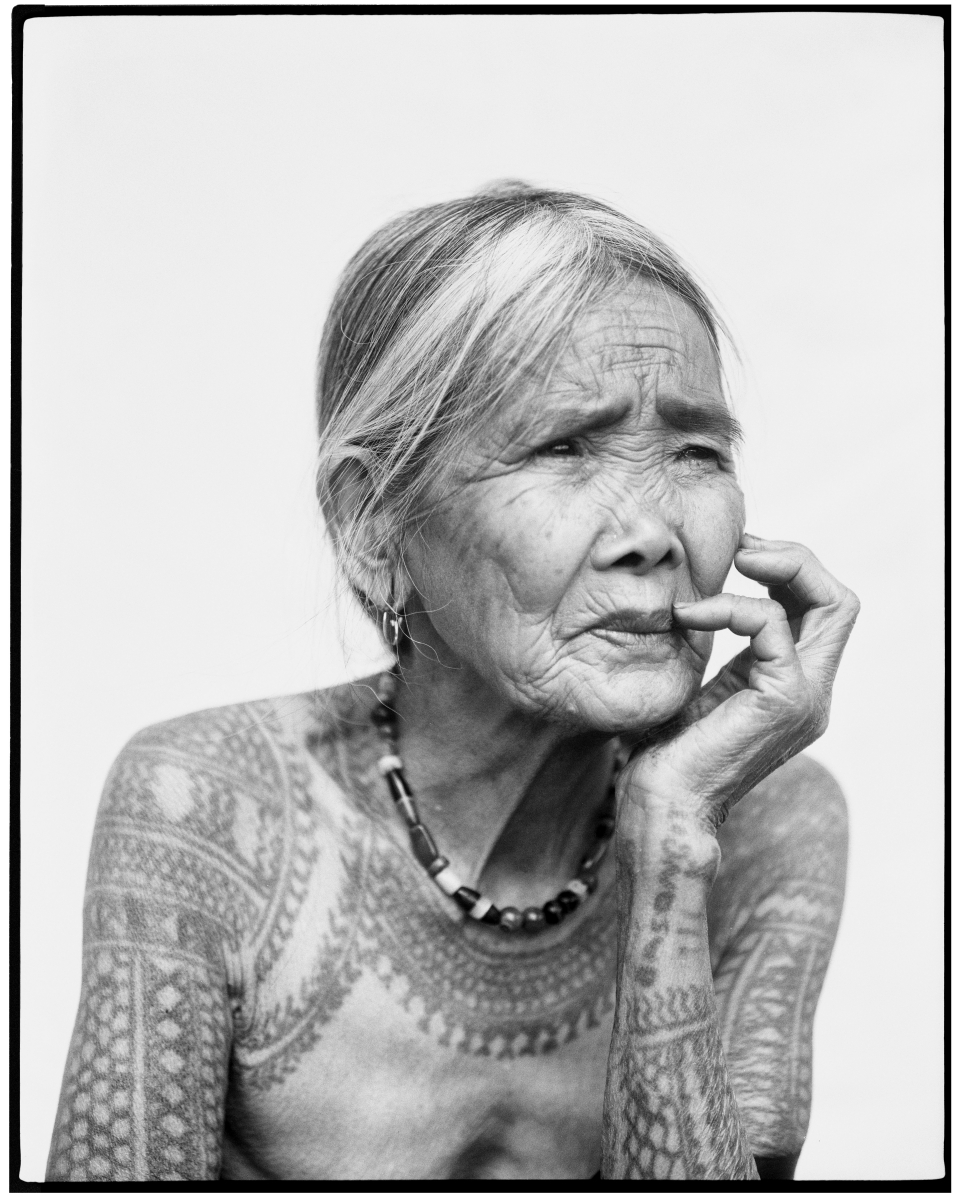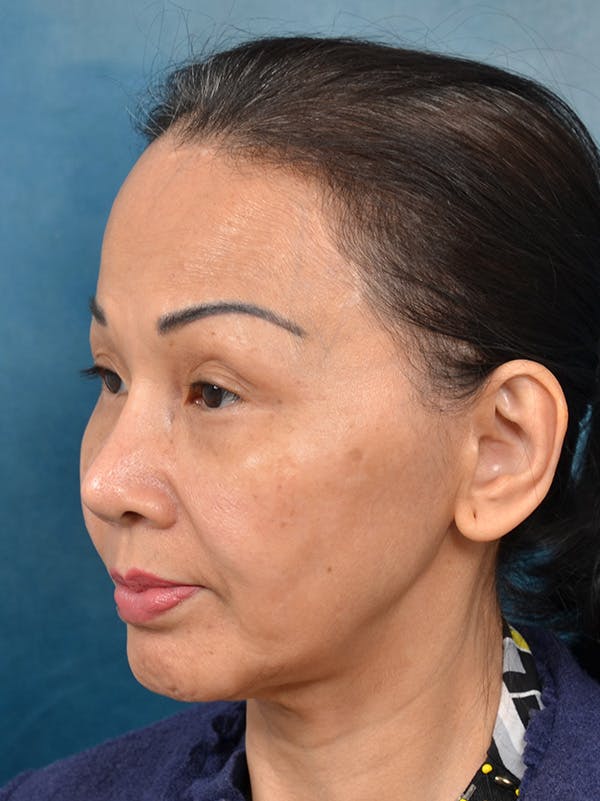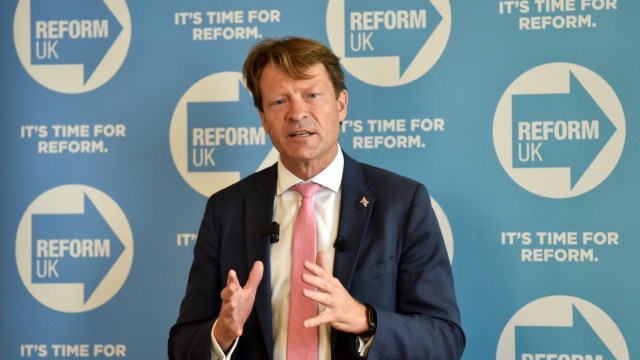South Korea's Housing Culture: A New Exhibition Explores Unique Designs

Table of Contents
The Evolution of Korean Housing: From Hanok to High-Rise
Traditional Hanok Architecture
The hanok, Korea's traditional house, stands as a testament to centuries of architectural ingenuity. Its design reflects a deep connection with nature and a sophisticated understanding of sustainable living. Key features include:
- Ondol heating: This ingenious underfloor heating system, utilizing heated floors, provides warmth efficiently and evenly throughout the home, showcasing a sustainable approach to home heating.
- Natural materials: Hanok construction traditionally utilizes natural materials like wood, paper (for hanji sliding doors and walls), and earthenware, creating a harmonious blend with the environment.
- Open floor plans: The flexible layouts often feature open spaces, promoting a sense of flow and connection between different areas of the home, creating a feeling of spaciousness despite often compact sizes.
- Key architectural elements: The maru (veranda), anbang (main room), and various courtyards are essential elements reflecting family structure and social hierarchy.
Modern Apartment Living in South Korea
The rapid economic growth and urbanization of South Korea have led to a dramatic shift towards high-rise apartment living. These buildings often feature:
- Compact layouts: Space optimization is key, reflecting the high cost of urban real estate in major cities like Seoul.
- Balconies: A common feature providing extra space and often used as small gardens or storage areas.
- Modern amenities: Many apartment complexes boast shared facilities such as swimming pools, fitness centers, and playgrounds.
- Varied Apartment Types: From studio apartments ideal for single individuals or couples to spacious penthouses, modern South Korean apartments cater to a wide range of needs. The influence of Western design trends is also visible in many modern apartments.
The Blend of Tradition and Modernity
Contemporary Korean architects are skillfully integrating traditional hanok elements into modern designs. This fusion of past and present is evident in many new buildings, showcasing a unique hybrid style:
- Incorporation of hanji screens: These translucent screens offer privacy while allowing natural light to filter through, a subtle nod to traditional aesthetics.
- Use of natural wood and stone: Natural materials reminiscent of hanok construction are frequently used in modern buildings to create a warm, inviting ambiance.
- Adaptation of Ondol principles: Modern underfloor heating systems draw inspiration from the traditional ondol concept, blending efficient heating with modern technology.
- Examples of this blend can be found in many contemporary office buildings and residential complexes throughout South Korea, showcasing the skillful integration of traditional Korean aesthetics into modern, functional spaces.
Social and Cultural Influences on Korean Housing
Family Structure and Living Arrangements
Family dynamics significantly influence Korean housing designs. The strong emphasis on family in Korean culture often translates into:
- Multigenerational living: Extended families often reside together, necessitating larger homes with multiple bedrooms and shared living spaces.
- Emphasis on communal areas: Shared spaces like kitchens and living rooms are central to family life and reflect the importance of togetherness.
- Adapting to changing family structures: While multigenerational living is still common, the increasing prevalence of nuclear families is leading to a greater demand for smaller, more independent housing units.
The Importance of Community and Neighbourhood
Community is a cornerstone of Korean life, and this is reflected in the design and social dynamics of housing.
- Community spaces within apartment complexes: Many apartment buildings feature communal areas such as rooftop gardens, playgrounds, and shared laundry facilities that foster social interaction among residents.
- Close-knit neighbourhoods: Strong neighborly relationships are valued, creating a sense of belonging and mutual support.
- Social events and interactions: Regular community gatherings and events further strengthen the bonds between neighbors.
The Exhibition: A Deeper Dive into South Korea's Housing Culture
Key Exhibits and Highlights
The exhibition offers a comprehensive overview of South Korea's diverse housing landscape. Highlights include:
- Scale models of iconic hanok: Detailed models showcase the intricate craftsmanship and architectural details of traditional Korean homes.
- Architectural drawings and plans: A look into the planning and construction methods used to build Korean homes, both traditional and contemporary.
- Photographs and videos: Showcasing examples of modern Korean apartment living across various regions and price ranges.
- Interactive displays: Allow visitors to learn about the history, materials, and building techniques of Korean housing.
Visitor Experience and Educational Opportunities
The exhibition aims to be an immersive and educational experience, offering visitors:
- Guided tours: Providing insightful commentary from experts on Korean architecture and housing culture.
- Workshops and lectures: Offering deeper learning opportunities on specific aspects of Korean housing.
- Interactive elements: Engaging displays designed to cater to different ages and interests.
- Educational materials: Providing takeaway resources that expand on the topics covered in the exhibition.
Exploring the Nuances of South Korea's Housing Culture
This article has explored the fascinating evolution of South Korea's housing culture, highlighting the unique blend of tradition and modernity in Korean homes. From the intricate designs of hanok to the sleek lines of modern apartments, Korean housing reflects the nation's rich history, rapid development, and strong social values. The exhibition provides a unique opportunity to appreciate this rich tapestry of Korean housing design. Don't miss this opportunity to explore the fascinating world of South Korea's housing culture. Visit the exhibition today and discover the intricate details and rich history behind the unique designs of Korean homes! [Link to Exhibition Website]

Featured Posts
-
 Is It Too Much Public Outcry Over Stars New Facelift
May 03, 2025
Is It Too Much Public Outcry Over Stars New Facelift
May 03, 2025 -
 Blue Origin Rocket Launch Abruptly Halted Subsystem Malfunction
May 03, 2025
Blue Origin Rocket Launch Abruptly Halted Subsystem Malfunction
May 03, 2025 -
 Planification De Votre Sortie La Seine Musicale 2025 2026
May 03, 2025
Planification De Votre Sortie La Seine Musicale 2025 2026
May 03, 2025 -
 Joseph Tf 1 Immersion Dans L Univers De La Creme De La Crim
May 03, 2025
Joseph Tf 1 Immersion Dans L Univers De La Creme De La Crim
May 03, 2025 -
 Is Reform Uk Doomed Ex Deputys Defection Signals Potential Party Split
May 03, 2025
Is Reform Uk Doomed Ex Deputys Defection Signals Potential Party Split
May 03, 2025
